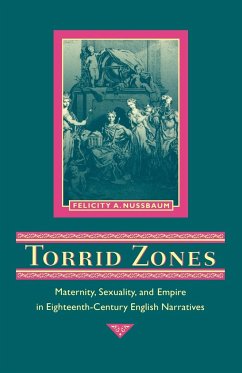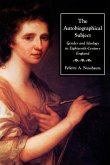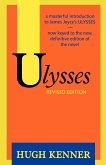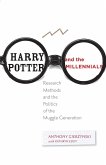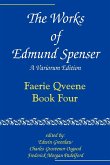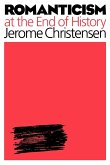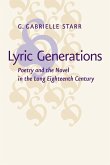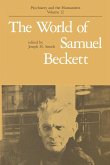Among the first books to consider issues of empire in relation to literary texts of the eighteenth century, Torrid Zones offers a compelling revision of the history of feminism in a postcolonial context. Felicity Nussbaum argues that the need to control women's sexuality in eighteenth-century England intensified as the demands of trade and colonization required an ever-larger, able-bodied population. Describing how women's reproductive labor was harnessed to that task, Nussbaum explores issues such as the production of life, of goods, and of desire. She also considers a variety of cultural practices (usually construed as exotic) in England and the empire, including polygamy, infanticide, prostitution, homoeroticism, and arranged marriages. Torrid Zones includes new readings of significant texts by and about female subjects, including novels by Defoe, Richardson, Johnson, Cleland, Lennox, Sarah Scott, Frances Sheridan, and Phebe Gibbes. It also considers the more broadly defined texts of culture such as travel narratives, medical documents, legal records, and engravings.
Bitte wählen Sie Ihr Anliegen aus.
Rechnungen
Retourenschein anfordern
Bestellstatus
Storno

